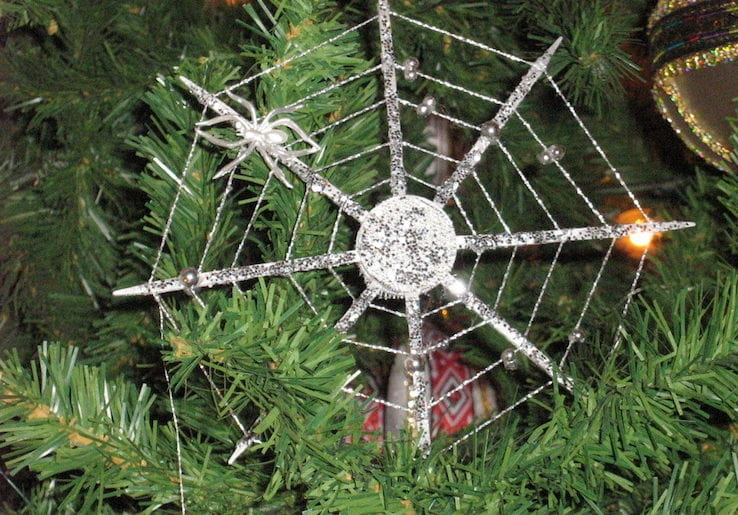To study Shakespeare or not to study Shakespeare: can we just not?
During the marital combining of the book collection, I had a Norton and the Mr. had a Broadview copy of collected works of Shakespeare, and neither of us would budge, so we ended up keeping both. I’m not sure why entirely, because I flat out don’t like Shakespeare.
My book came from the most torturous university class I ever had, a summer school Shakespeare course. I had to read a new play every two or three days for the whole month of July. Despite a well-meaning professor trying to walk us through the Bard’s genius, the plays never came alive.
In a first-year English class I studied Taming of the Shrew and the professor convinced us that it wasn’t misogynistic at all, that it was actually very winking and clever and Katherine was in on the joke.
Maybe? Who knows. Even Shakespeare scholars don’t know much. Is there even any definitive proof he wrote all those plays? And besides are plays even meant to be read in the first place?
It’s also a real slog for students to learn iambic pentameter, putting stressed and unstressed marks over all those syllables, trying to understand the convoluted plots, and identifying all the poetic devices, while deciphering ancient wordplay.
It’s additionally unsettling that women kill themselves all the time in Shakespeare plays and that there is so much gloom and doom. Aside from the questionable treatment of women in many of these plays, it’s also a heartbreaking and real problem when students start to hate English class and consider it an obstacle to their future. I’ve worked with kids whose grades in math and the sciences are in the 90s but are freaking out that their English grade will drag down their average and limit their university prospects.
There is beauty in the language of Shakespeare, and universal themes in his stories, but maybe we could limit the intake to some sonnets, studying one or two plays, one unit on Elizabethan England, or perhaps a field trip to Stratford.
Some school boards have made waves by discontinuing the tradition of teaching Shakespeare. Will more follow? Yes please!

